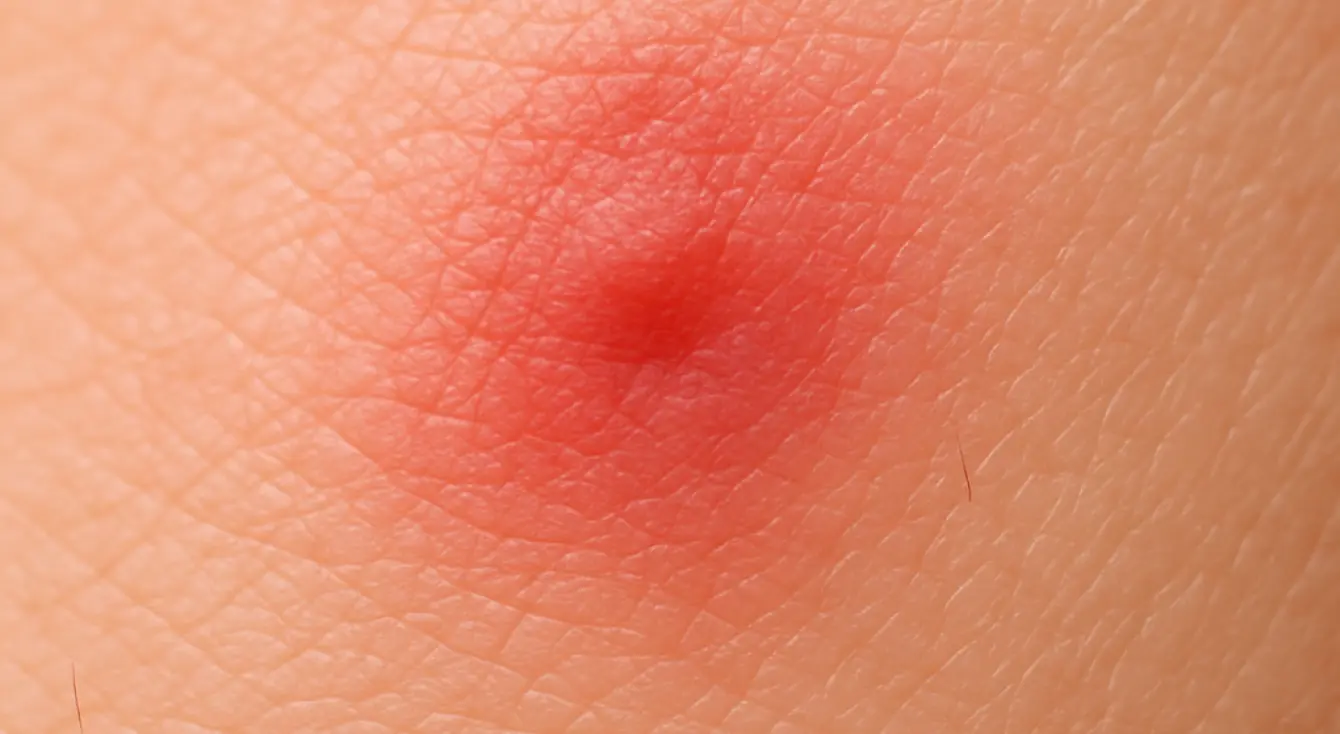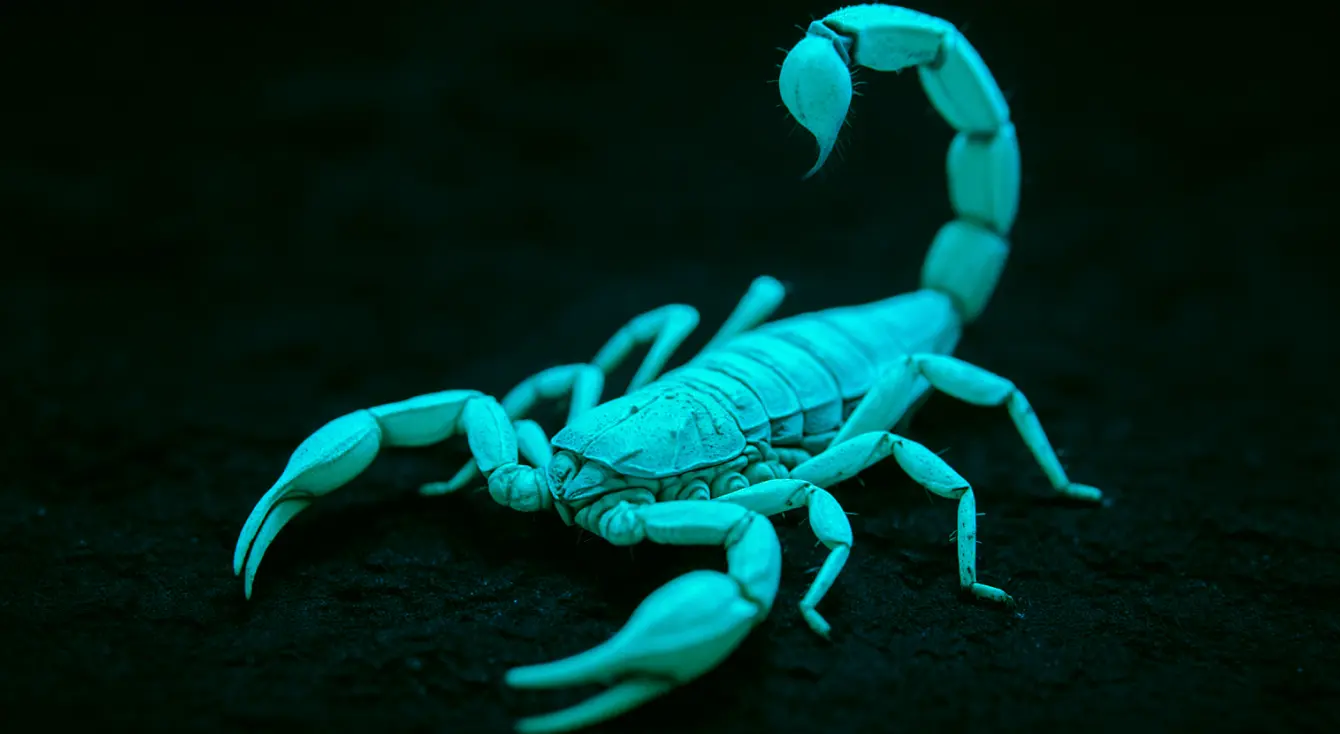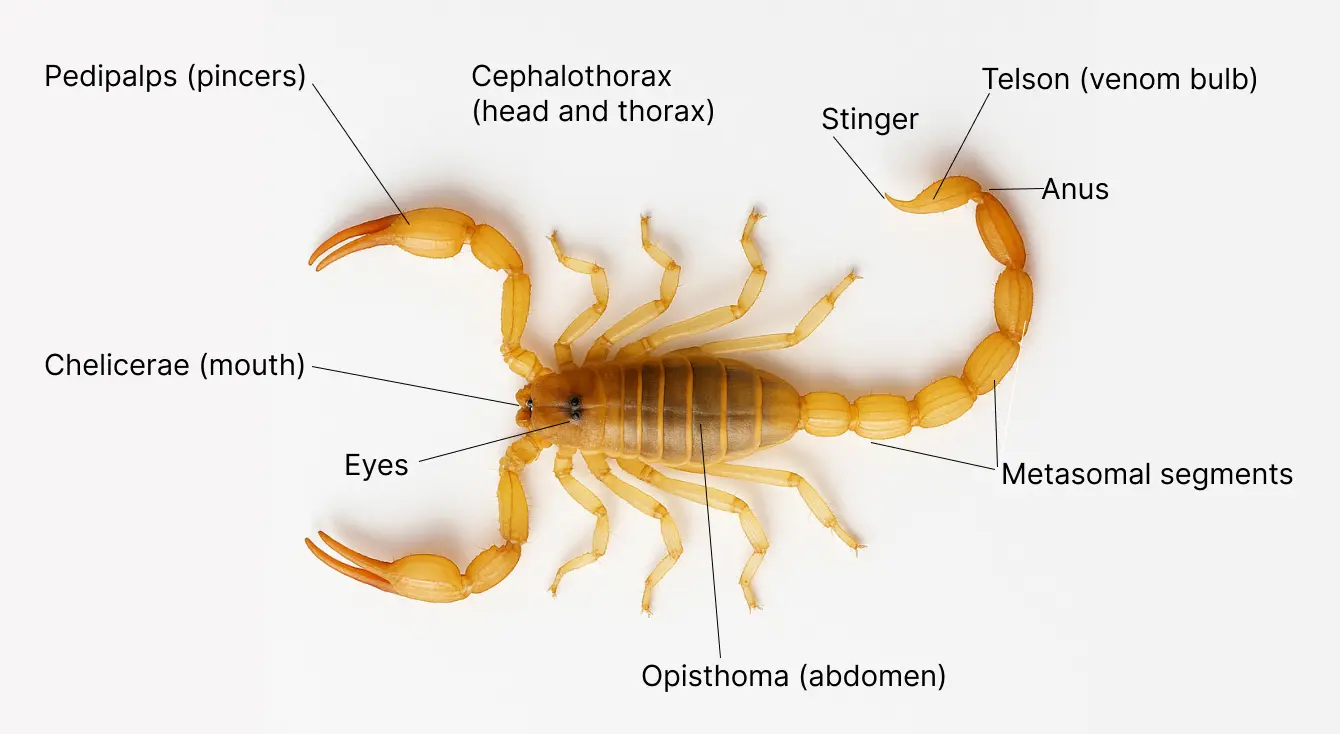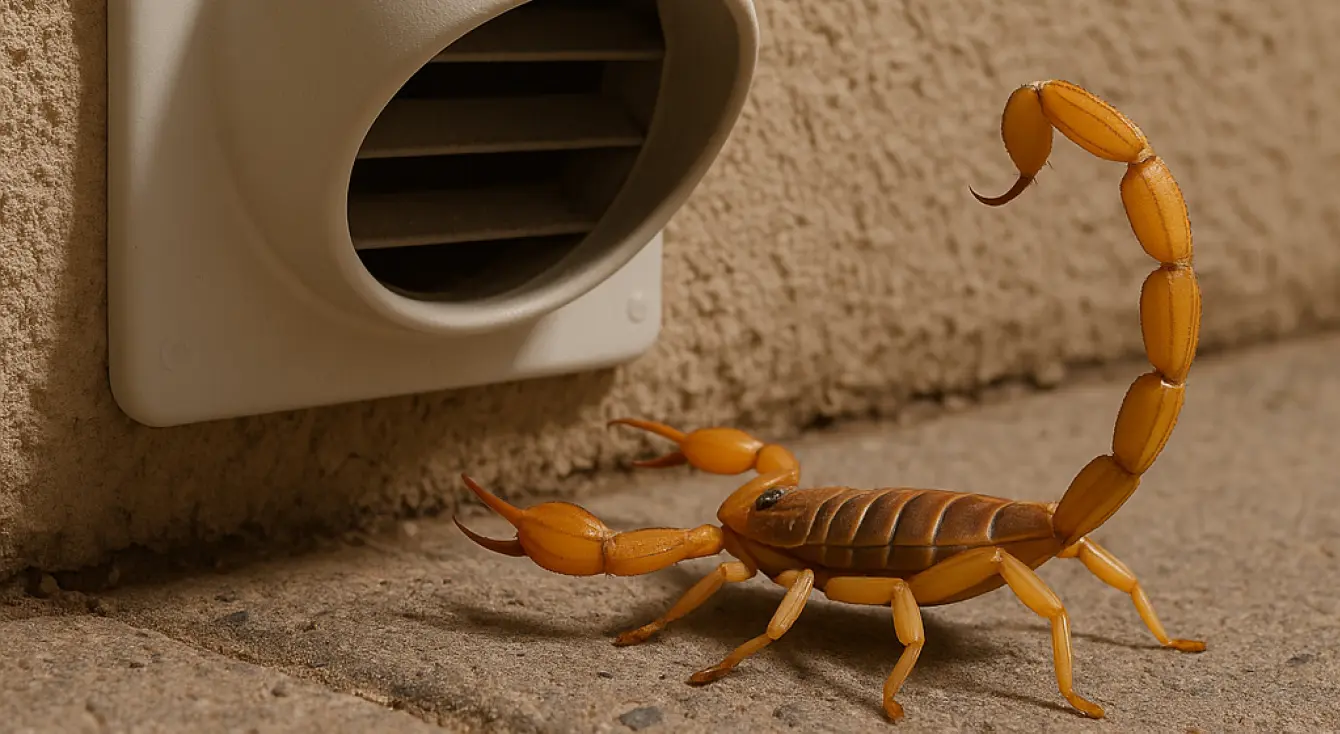If you've ever worried about a scorpion sting, you're not alone—especially in the U.S. Southwest, where encounters with venomous species like the Arizona bark scorpion aren't rare. But what exactly does scorpion venom do once it enters your body?
The Basics of Scorpion Venom
Scorpion venom is a complex mix of neurotoxins, enzymes, and other compounds designed to paralyze or kill small prey. When injected into humans, the venom interacts with the nervous system, often causing intense pain and a variety of systemic symptoms.
Most stings in the U.S. come from species whose venom causes only localized pain and swelling. However, a sting from the Arizona bark scorpion (Centruroides sculpturatus) can be much more serious, especially for children, older adults, and people with underlying health conditions.
Common Symptoms After a Sting
For most healthy adults, a scorpion sting will cause:
- Immediate, sharp pain at the sting site
- Numbness or tingling
- Swelling or redness
- Sensitivity to touch or temperature
These symptoms usually peak within a few hours and resolve on their own.
More Serious Reactions
In more vulnerable individuals, or in cases of a large venom dose, symptoms can progress to:
- Muscle twitching or convulsions
- Difficulty breathing
- High blood pressure or increased heart rate
- Sweating, nausea, or vomiting
- Agitation or confusion
According to the Arizona Poison and Drug Information Center, about 200 people are stung by bark scorpions each year in Arizona alone. While fatalities are extremely rare in the U.S. thanks to access to medical care and antivenom, the experience can still be traumatic.
When to Seek Medical Help
Always seek emergency medical attention if:
- A child under 10 is stung
- The sting occurs near the face or throat
- Breathing becomes difficult
- Muscle spasms or confusion begin
Even for milder stings, it’s a good idea to call your local poison control center for guidance.
How to Reduce Your Risk
The best way to avoid a scorpion sting is to prevent scorpions from getting inside your home in the first place. That includes sealing cracks, keeping outdoor areas clean, and using tools like our Scorpion Detectors, which can catch scorpions as they move along baseboards in the dark.
If you do receive an alert from your Detector, grab a UV flashlight and track the scorpion down before it disappears. The faster you find it, the less chance it has to sting someone.
Scorpion venom may be nature's weapon, but with knowledge and preparation, it doesn't have to be a threat. Knowing how your body might react—and what to do about it—is the first step in staying safe.






